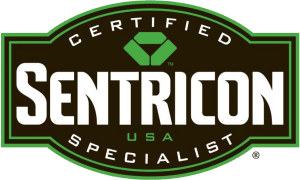Vermins are a staple of farm life, and one of the vermin that you will routinely encounter on a farm is the Norway rat. Rats can find everything that a rodent needs on a farm, including water, food, and shelter, in outbuildings, barns, poultry houses, and storage areas. This can be quite an issue, because rats often become very destructive, attacking chickens and their eggs, damaging buildings and tools, and contaminating food supplies. This is why it’s essential to keep your farm protected against these invaders.
The Norway Rat is the most common rat in the US. This invasive species arrived in the country hundreds of years ago via ships from Asia and Europe. Norway rats live in large families, and they reproduce quickly, so if they have access to ample food sources and shelter, they can quickly overwhelm an area.
Rats follow the food
Once a rat or a colony of rats discover that there is food and shelter available in an area, they will move in. On farms, rats will be particularly attracted to chicken feed that has been improperly stored, since grains are a main food source for rats. They will also enjoy any water that they may find. When it comes to shelters, rats will use straw, wood shavings, chips, compost, and hidden areas such as those found under chicken coops.
What should you do if rats are around?
Unfortunately, once rats have taken up residence on a farm, it can be very difficult to eradicate them. However there are steps you can take which will reduce their numbers and the damage that they can cause.
Trapping is one of the best methods to keep a rat population under control. These traps should be placed near walls, behind structures, in various dark nooks and crannies, or anywhere else where you have noticed rat activity.
Poisons can be a bit more difficult to employ out in the open, on a farm, because other animals might eat them, or the animals may eat the dead rats, which could be poisonous themselves, if you use certain kinds of rodenticides. However, with proper application, poisons can also be very effective.
Dealing with a Norway rat infestation on a farm can be difficult to do without proper experience. If you have such an infestation it’s best to talk to a professional. Contact us today and we will help get rid of your rat infestation.







